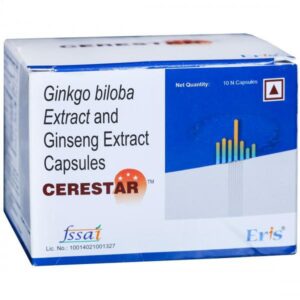GINSENG
GINSENG: Ginseng is a herbal supplement derived from the roots of the Panax ginseng plant. It is commonly used for its potential health benefits, including improved cognitive function, increased energy levels, and enhanced immune function.
The exact mechanism of action of ginseng is not fully understood, but it is believed to be due to its active ingredients known as ginsenosides. These compounds have adaptogenic properties, meaning they can help the body cope with physical and mental stress. Ginsenosides also have anti-inflammatory and antioxidant effects, which may contribute to its overall health benefits.
Ginseng is available in various forms, including capsules, extracts, and teas. The recommended dose depends on the specific product and individual needs. Generally, a daily dose of 200-400mg of standardized ginseng extract is considered safe for most adults. However, it is important to follow the instructions on the product packaging or consult with a healthcare professional for personalized dosing recommendations.
While ginseng is generally safe, it can cause some side effects in certain individuals. Common side effects include headaches, gastrointestinal upset (such as diarrhea or stomach discomfort), insomnia, and increased heart rate. These side effects are usually mild and resolve on their own.
It is important to note that ginseng can interact with certain medications, such as blood-thinners, diabetes medications, and certain antidepressants. Therefore, it is advised to speak with a healthcare professional before starting ginseng supplementation, especially if you have any underlying health conditions or are taking other medications.
Overall, ginseng is a popular herbal supplement used for its potential health benefits. However, it is important to use it responsibly, follow recommended dosing guidelines, and consult with a healthcare professional if you have any concerns or questions.

